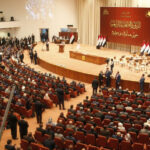The Tribes of Kurdistan and Their Role in Social Conflicts
Didar Askandar Aziz – Activist
The tribal system is an old and socially influential structure in Kurdistan, which historically formed the foundation of social organization. However, in recent years, due to political transformations and economic dissatisfaction, this tribal organization has become a source of various social issues. This report focuses on the conflicts caused by tribes and presents proposed solutions.
1. The Role of Tribes in Internal Conflicts
Tribes have often been the cause of internal conflict and disunity, particularly in times of disputes over land and natural resources. An example is the conflict between different tribes that intensified due to economic competition over oil-related resources.
2. The Influence of Tribes on the Justice System
The tribal system often establishes its own customary laws, which may not align with the state’s formal laws. This has led to problems in implementing justice, especially in cases of tribal vendettas (blood feuds), which continue in some areas.
3. Tribes and Democratic Challenges
During political elections, tribes often support their own candidates, which contributes to inequality in governance. As a result, social dissatisfaction and a decrease in public trust in the democratic system occur.
4. Hindrance to Societal Development
The tribal system often acts as a means of support for individuals through close familial and ethnic ties; however, at the same time, it hinders societal progress. This is especially evident in the fields of education and employment, where people rely on tribal affiliations instead of personal competence.
5. Proposed Solutions
- Strengthening the legal system: The formal justice system must be empowered to prevent the application of tribal laws.
- Social education: People must be made aware that tribal relationships should not be a basis for inequality or social discord.
- Economic empowerment: Providing decent job opportunities for youth can reduce the reliance on tribal support networks.
Author Profile
- Diyar Harki is an independent investigative journalist and human rights advocate. As a member of the National Union of Journalists (NUJ), he focuses on exposing corruption and human rights abuses in Kurdistan and Iraq. He voluntarily contributes to Kurdfile Media.
 Kurdistan18 January 2026Will the Terrorists Be Released?
Kurdistan18 January 2026Will the Terrorists Be Released? Opinion17 January 2026A Risk That Could Reshape the Kurdistan Region
Opinion17 January 2026A Risk That Could Reshape the Kurdistan Region Reports7 January 2026Kurdistan MPs Receive Millions in Salaries as Parliament Remains Paralyzed
Reports7 January 2026Kurdistan MPs Receive Millions in Salaries as Parliament Remains Paralyzed Political3 January 202634% of Kurdish MPs in Iraqi Parliament Lack Arabic Proficiency
Political3 January 202634% of Kurdish MPs in Iraqi Parliament Lack Arabic Proficiency

